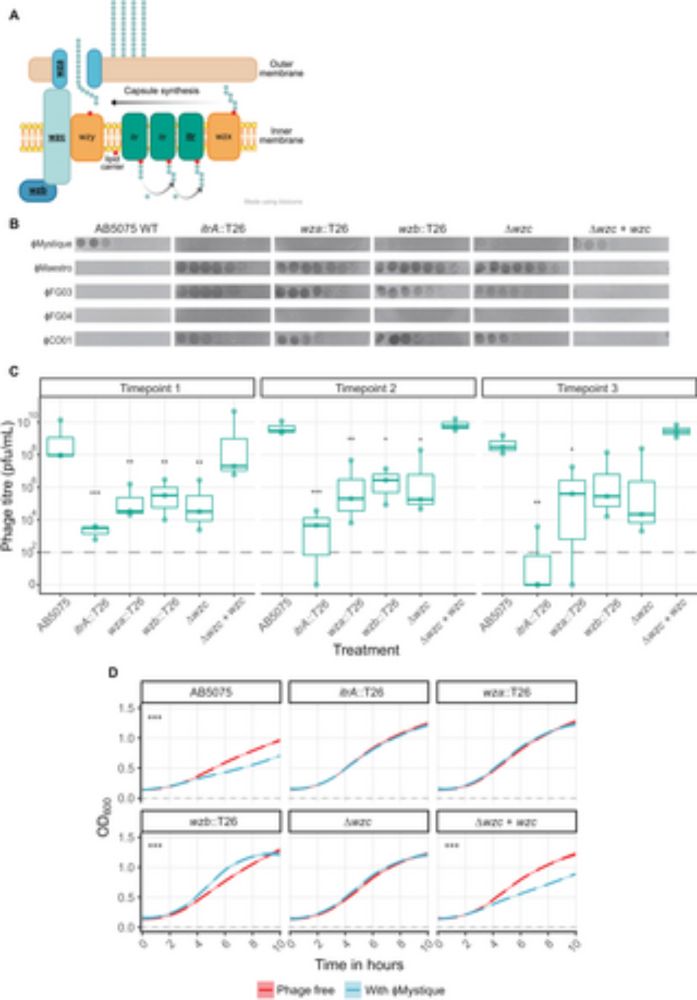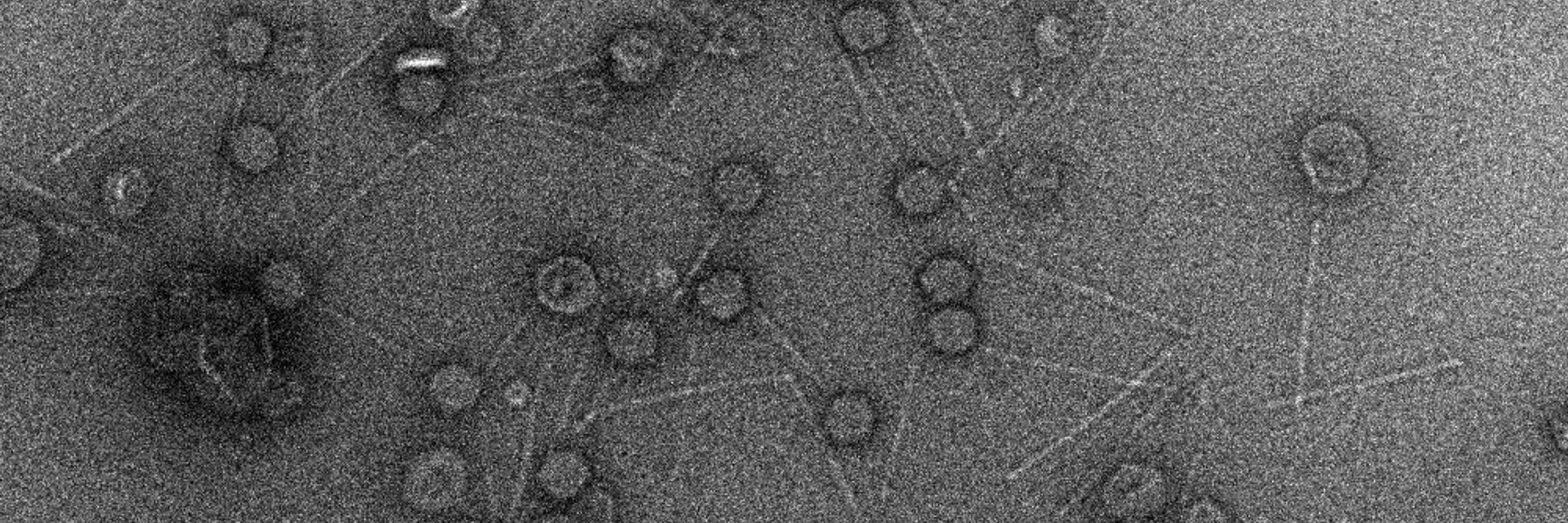Ellinor Alseth
@ellinoralseth.bsky.social
1.9K followers
1K following
280 posts
Eco-evo with microbes. I happen to like fjords, I think they give a lovely baroque feel to a continent. The University of Tromsø. Opinions my own. She/her
Posts
Media
Videos
Starter Packs
Pinned
Ellinor Alseth
@ellinoralseth.bsky.social
· Apr 10

Mystique, a broad host range Acinetobacter phage, reveals the impact of culturing conditions on phage isolation and infectivity
Author summary Bacterial infections caused by Acinetobacter baumannii are a major global health concern due to high antibiotic resistance, earning it a critical priority pathogen ranking by the WHO. P...
journals.plos.org
Reposted by Ellinor Alseth
Reposted by Ellinor Alseth
Reposted by Ellinor Alseth
Reposted by Ellinor Alseth
Reposted by Ellinor Alseth
Reposted by Ellinor Alseth






















